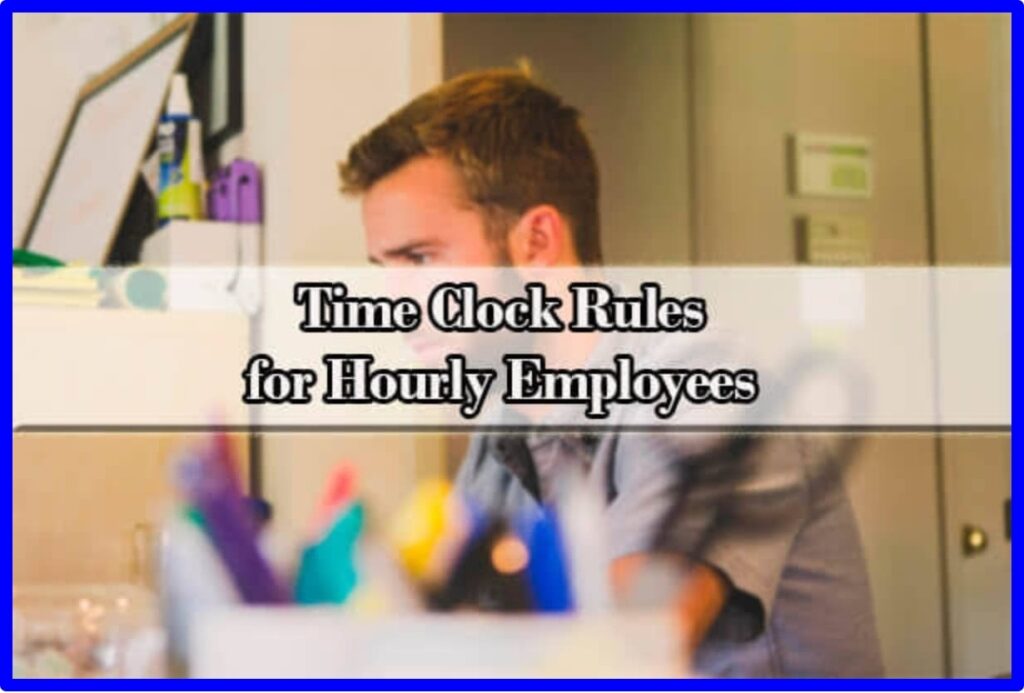
Keeping track of time input for California labor laws for hourly employees is important. Employers must ensure these employees are fairly compensated for the hours they put in.
However keeping track of the time put in by California labor laws for hourly employees is not just good business practice. It’s a legal requirement in the United States.
Hourly Employees in California
Here are the regulation aspects of hourly employees in California:
Wage Regulations
Hourly employees in California are subject to the state’s minimum wage laws. As of 2022, the minimum wage was $13 per hour for employers with 25 or fewer employees and $14 per hour for employers with 26 or more employees. By law, employers should pay hourly employees at or above these rates.Overtime Eligibility
In California, hourly employees who work more than 8 hours in a day or 40 hours in a week are entitled to overtime pay. That said, these employees should receive 1.5 times their regular hourly rate for overtime hours. By law, employers must keep accurate records of their employees’ work hours.Meal and Rest Breaks
California labor law requires hourly employees to receive meals and rest breaks. They should have a 30-minute meal break for every 5 hours worked and 10-minute rest breaks for every 4 hours worked.State Labor Poster Requirements
Employers in California are required to display state labor law posters in a visible location. These posters inform hourly employees of their rights, including:- Minimum wage
- Overtime pay, and
- Workplace safety.
Rights to Reporting Time Pay
Hourly employees in California have the right to “reporting time pay.” If they’re required to show up for work, they are entitled to compensation for a minimum of half of their scheduled shift.
Time Clock Rules for Hourly Employees
Here are 5-time clock rules for hourly employees in California:
Punch In and Out Accurately
Hourly employees must accurately record work hours by punching in and out at the designated time clock. Failing to do so can result in underpayment or overpayment issues.No Buddy Punching
Buddy punching occurs when one employee clocks in or out for another. It’s a serious violation and can lead to disciplinary actions. Many employers use biometric systems or unique access codes to effectively navigate this issue.Compliance with Break and Meal Period Policies
Hourly employees must follow company policies regarding breaks and meal periods. Incorrectly clocking in or out during these times can lead to compliance issues.Keep Personal Information Secure
Employees should keep their access codes or badges secure to prevent unauthorized clock-ins or outs. This is essential to maintain the accuracy of time records.Report Discrepancies Promptly
If an employee notices any discrepancies in their time records, they should report them to their supervisor or HR immediately. Timely reporting helps in resolving issues before payroll is processed.
These rules ensure accurate time tracking, fair compensation, and compliance with labor laws. Adhering to these guidelines plays a vital role in maintaining a fair and efficient work environment.